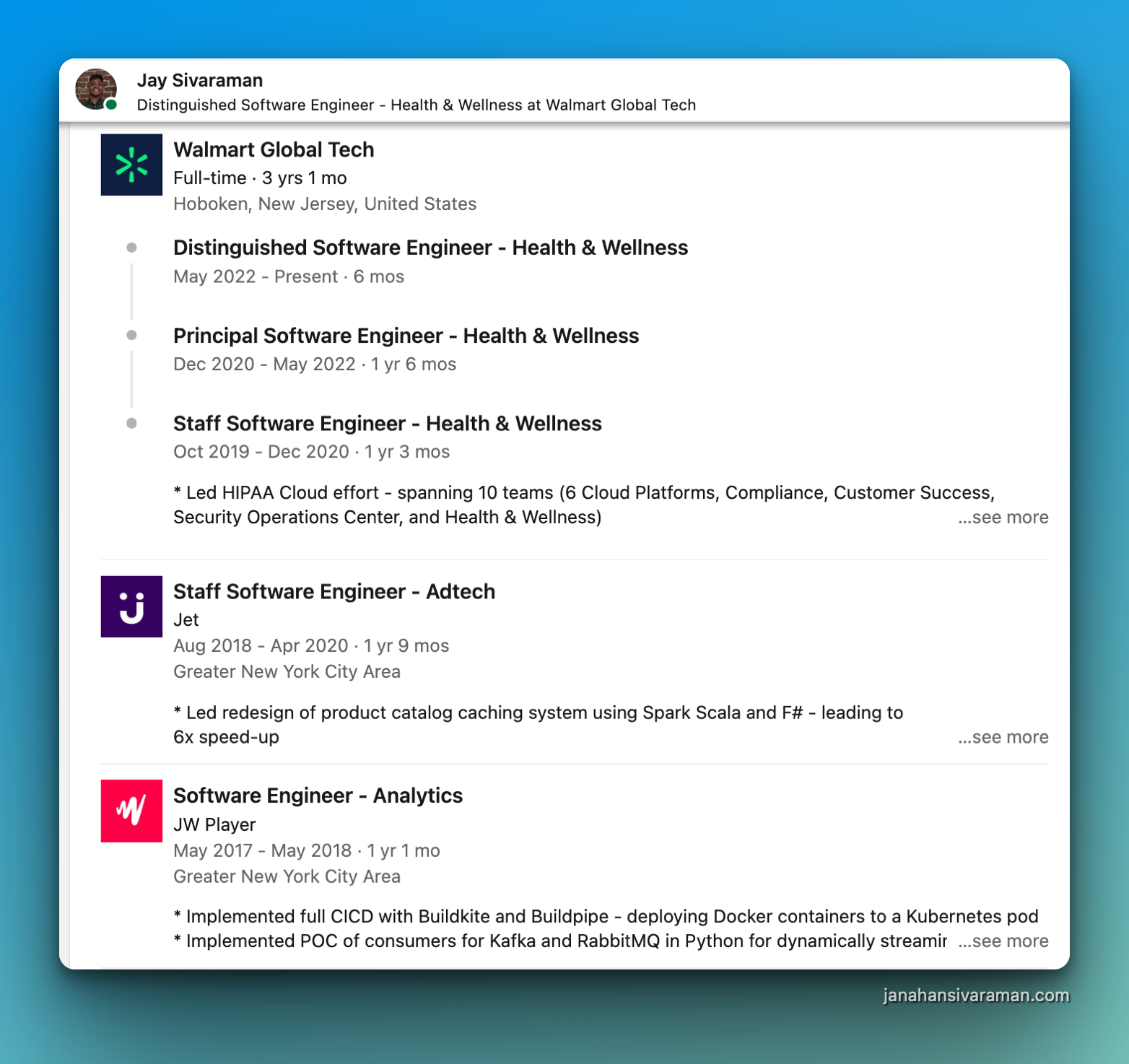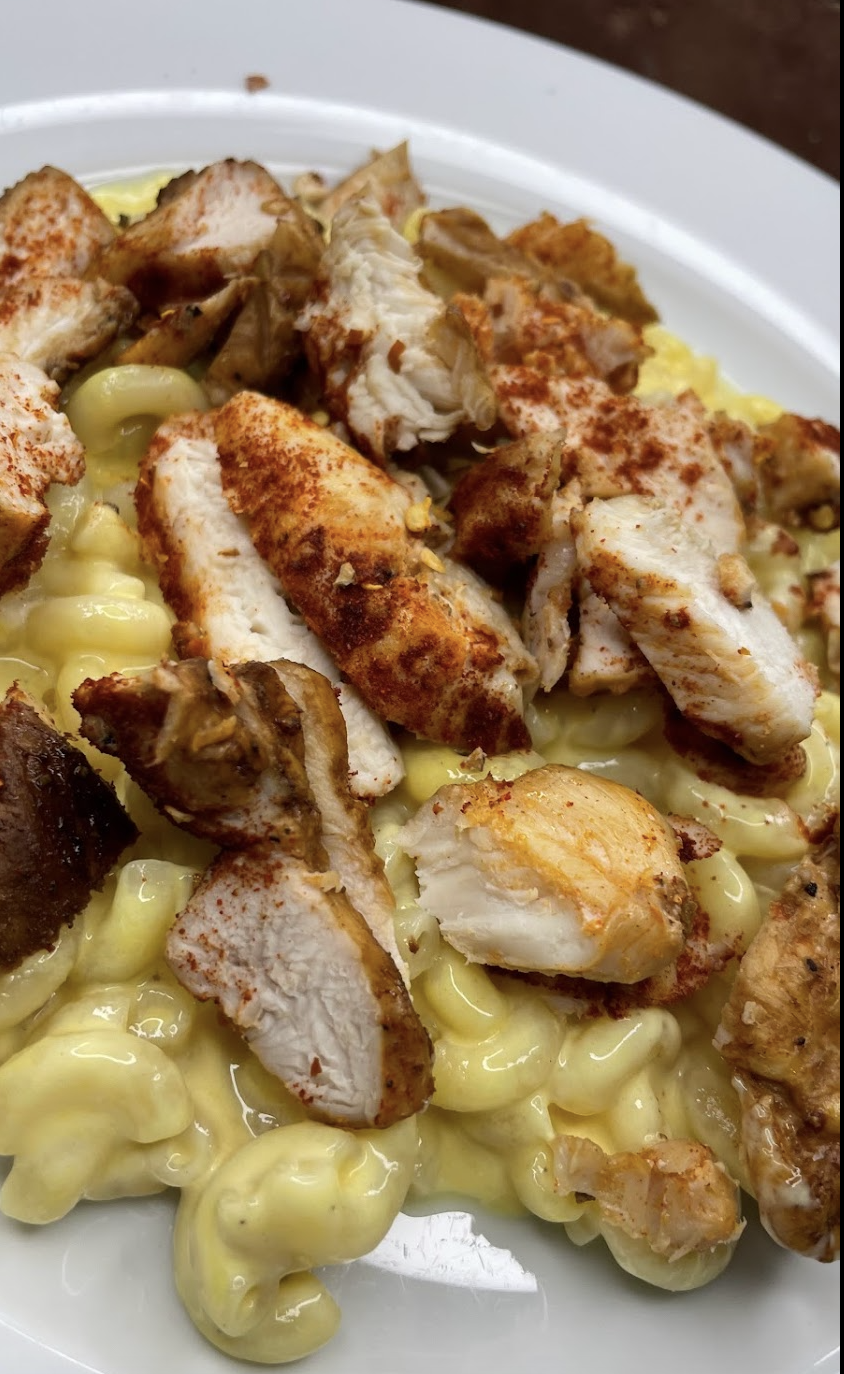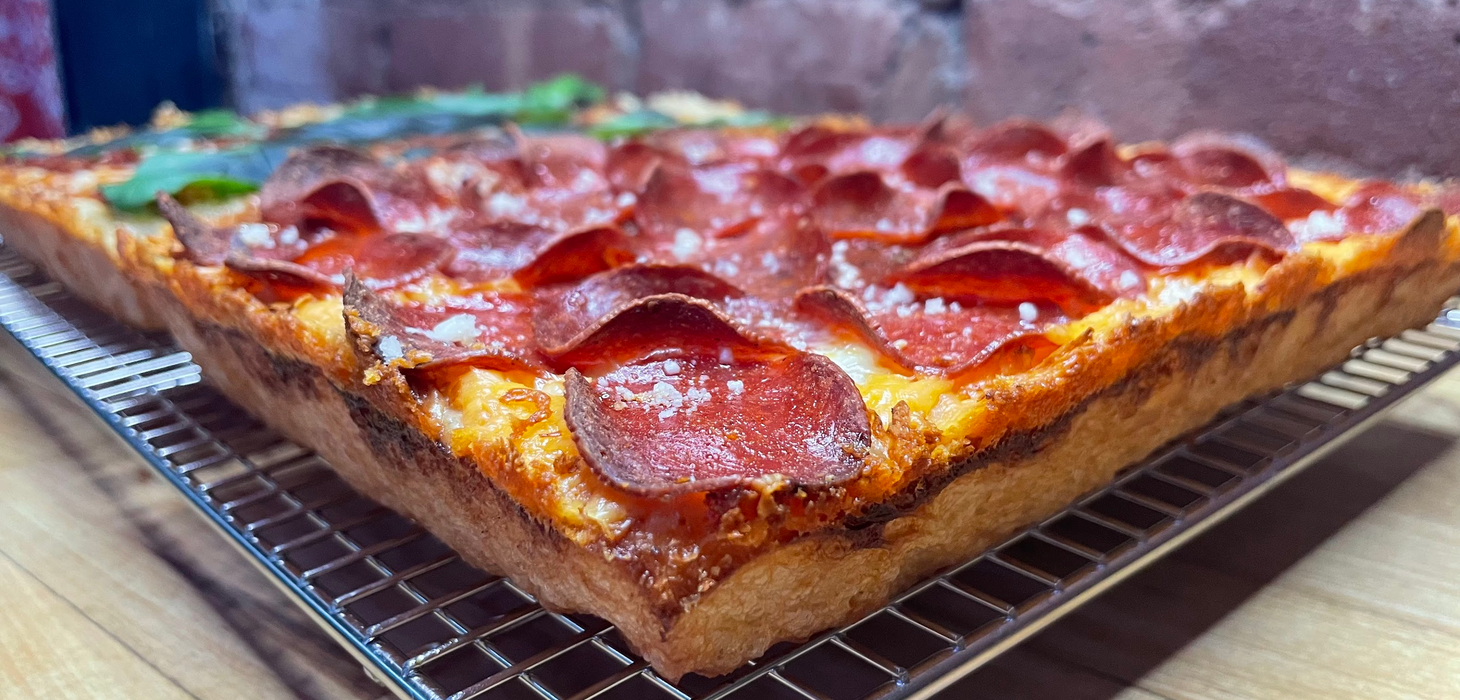How To Give Your All

After quitting my job to start my own company, I became paralyzed with fear.
I would lie in my bed worried about whether I’d ever be able to find another job. I was watching my savings dwindle. One day my co-founder, Sahil, asked if I wanted to go on a walk through the hills of South Norwalk, CT.
He told me, “I’ve noticed you seem anxious lately. It’s affecting your work. What’s going on?”
He approached it in a calm, observational way. I told him what negative, automatic thoughts were frolicking in my mind’s meadow. He validated my concerns and added, “Don’t you want to look back on this time and say you gave it your all?”
I’d never considered before what “giving my all” looked like.
Type B Human
Growing up, I was a fully type-B human.
If I had karate once a week, I’d practice once a week - at the dojo.
If I had violin class once a week, I’d practice once a week - at the Music & Arts Center.
I even graduated college with a 2.84 GPA (C+ average). I got a decent job. I “met expectations”.
From that, I assumed I was good at some things, like talking to people. And bad at other things, like technical skills.
Giving My All V1
After my conversation with Sahil, I started working at a carrel in the South Norwalk library. 14 hours a day. I’d pack two budget-ass ham sandwiches so I wouldn’t even have to take a break.
I developed an iOS app. I built real-time data pipelines with Kafka. I administered and operated our entire cloud footprint in Amazon Web Services.
I even pitched the company at demo days in poorly-fitting suits.
After 6 months of working like this, I was exhausted. I couldn’t keep it up. While this was one flavor of giving my all, it wasn’t a sustainable one.
Giving My All V2
By giving my all, I was able to minimize the amount of regret about Quotail.
Even though we had to shut it down for financial reasons, it never felt like a failure. If I hadn’t given “my all” with Quotail, I’d be full of regret.
But, I realized that there are only so many hours in a day. And my work isn’t the only thing that needs “my all” given to.
My health. My connections. My intellectual curiosity.
If I wanted to give “my all” to all the things that mattered, I had to respect the clock.
This meant aggressive prioritization and time-boxing.
How It Changed My Work
For work, that meant figuring out how to identify and prioritize high leverage activities in just 40 hours/week. I focused on important and non-urgent matters as those have the biggest impact.

I was promoted from a mid-level engineer to a Distinguished Engineer (4 levels) in just 5 years, increasing my total compensation 3.6x.
How It Changed My Health
Now that work wasn’t taking all my time, I could focus on my health, writing, and speaking Tamil.
For my health, this summer I lost 19 lbs and 4.5” off my waist in 24 weeks.
I optimized my cooking to maximize taste and minimize the time to prepare it. I ensured it had sufficient protein while running a calorie deficit to minimize muscle loss while losing fat.

I prioritized weight lifting 3-4x/week to give my muscles the stimulus to not atrophy in a caloric deficit. I walked 30 miles (2hr walks 5x a week = 10 total hours). The walking gave me the wiggle room calorically to snack.
How It Changed My Writing
For my writing, I prioritized publishing my newsletter weekly over essays. I have published 25 editions since Write of Passage 8. I couldn't devote 5 hours a week to writing an essay, but I could devote 1.5 hours a week to the newsletter.
How It Changed My Tamil Speaking
For speaking Tamil, that meant calling my mother to talk 5x a week (for 10 minutes) instead of 1x a week (for 30 minutes).
Allocating less time per day made it a more sustainable, high frequency habit.
How It Changed My World
The way I give my all to all that matters is to find a high-leverage activity I can time-box at least every other day.
These activities' higher frequency allows the progress to compound exponentially. Anything less frequent is an exercise in hugging the x-axis.
I maximize my potential to minimize my regret.



